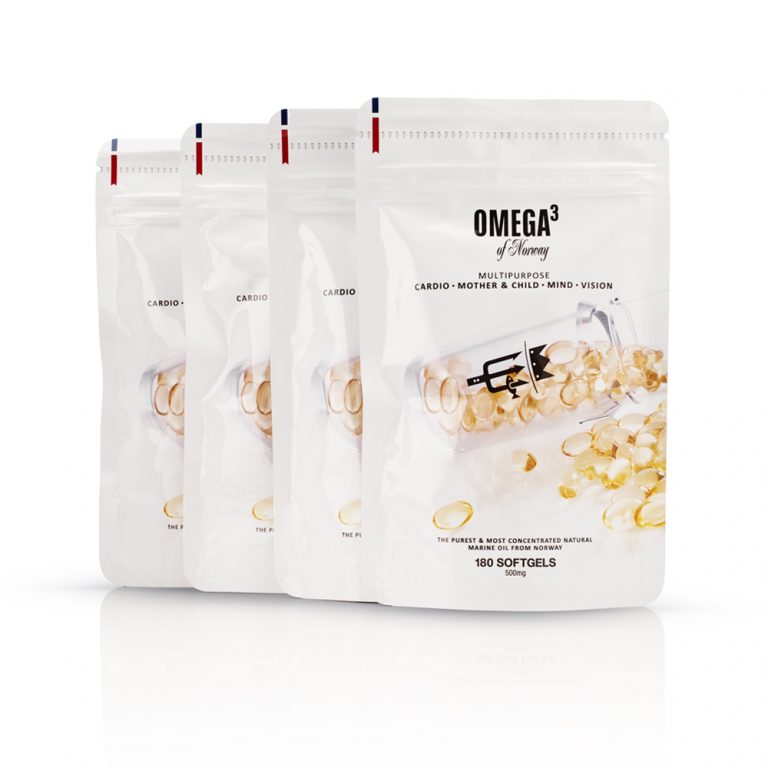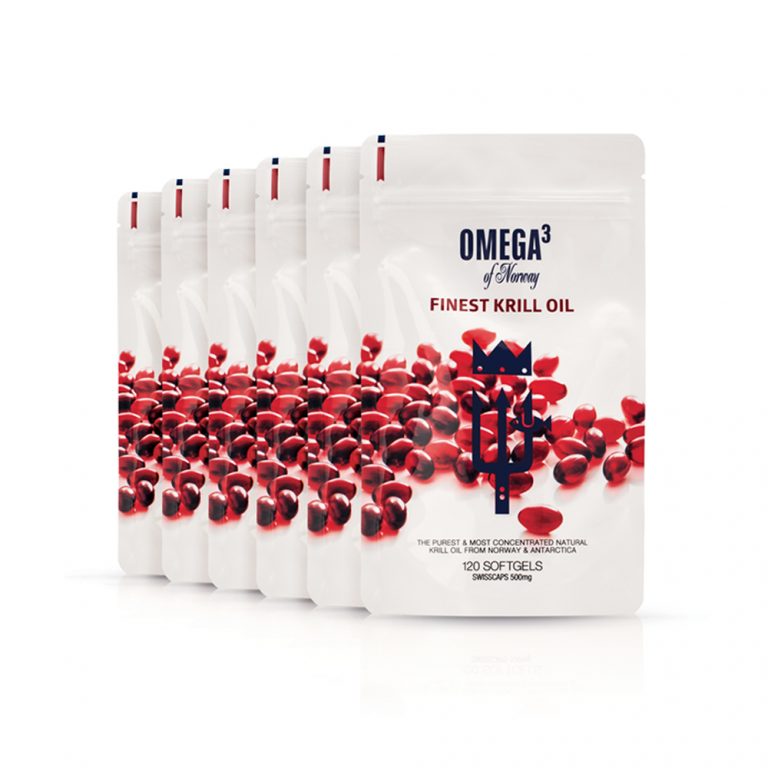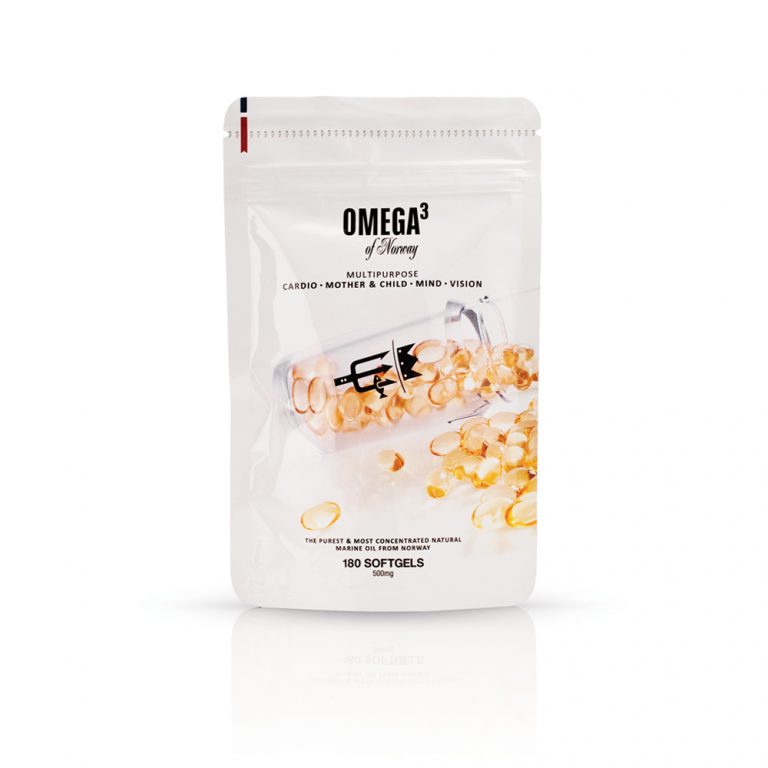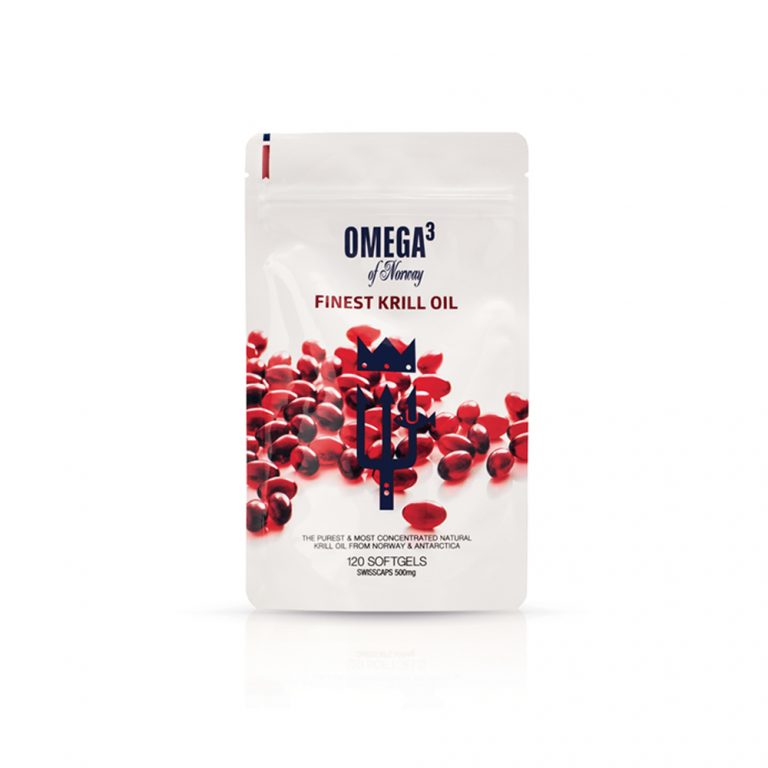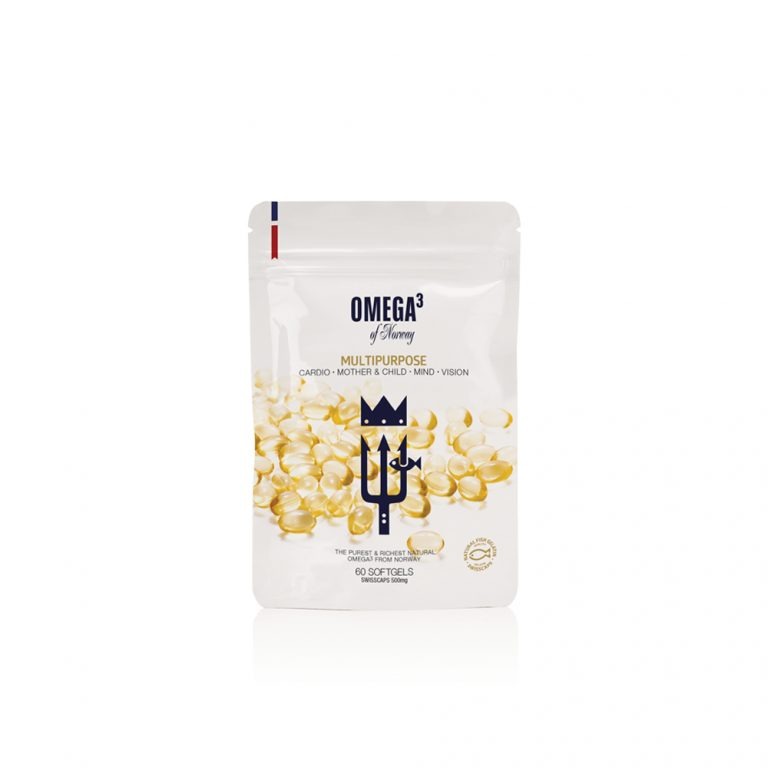Unveiling the Synergistic Potency of Omega-3 Fatty Acids and Krill Oil for Enhanced Health Benefits
Are Omega 3 and krill the same?
Omega-3 fatty acids, renowned for their diverse health benefits, and krill oil, celebrated for its superior bioavailability and antioxidant properties, present a compelling combination for promoting overall health and well-being. This review explores the synergistic effects of combining omega-3 fatty acids and krill oil supplementation, elucidating their individual compositions and collective impact on inflammation, cardiovascular health, cognitive function, and mood regulation. Additionally, we address the misconception regarding krill oil’s omega-3 content, highlighting its significance in optimizing health outcomes through strategic supplementation.
Introduction
Omega-3 fatty acids, comprising EPA and DHA, are essential nutrients vital for optimal health, while krill oil, derived from krill species, offers a rich source of phospholipid-bound omega-3s and potent antioxidants. The combined use of omega-3 fatty acids and krill oil presents a promising approach to enhance health outcomes, leveraging their complementary mechanisms of action and synergistic effects.
Composition and Bioavailability
Krill oil’s composition includes omega-3 fatty acids, predominantly EPA and DHA, bound to phospholipids, along with astaxanthin, a powerful antioxidant. Despite misconceptions, krill oil indeed contains significant amounts of omega-3 fatty acids, which are efficiently absorbed due to the phospholipid matrix, ensuring superior bioavailability compared to conventional fish oil supplements.
Anti-Inflammatory Effects
Omega-3 fatty acids are well-established for their anti-inflammatory properties, mitigating chronic inflammation implicated in various diseases. Krill oil’s astaxanthin content enhances this effect by scavenging free radicals and reducing oxidative stress, synergistically amplifying the anti-inflammatory response and offering comprehensive protection against inflammation-driven pathologies.
Cardiovascular Support
The combination of omega-3 fatty acids and krill oil provides robust cardiovascular support by lowering triglycerides, reducing blood pressure, and improving endothelial function. Furthermore, their anti-inflammatory and antioxidant properties inhibit atherosclerosis progression and decrease the risk of cardiovascular events, underscoring the synergistic benefits of this dual supplementation strategy.
Cognitive Enhancement
Omega-3 fatty acids, particularly DHA, are essential for brain health and cognitive function. By promoting neuronal membrane integrity and neurotransmitter signaling, omega-3s support cognitive performance and mitigate age-related cognitive decline. Krill oil’s enhanced bioavailability facilitates the delivery of omega-3s to the brain, augmenting their neuroprotective effects and potentially enhancing cognitive outcomes.
Mood Regulation
Omega-3 fatty acids exhibit antidepressant and anxiolytic effects, modulating neurotransmitter levels and neuroinflammation to improve mood and emotional well-being. Krill oil’s astaxanthin content complements these effects by reducing oxidative stress and inflammation, further enhancing the overall mood-regulating properties of this dual supplementation approach.
Conclusion
The combination of omega-3 fatty acids and krill oil offers a synergistic strategy for optimizing health outcomes, harnessing their collective potency in combating inflammation, supporting cardiovascular health, enhancing cognitive function, and regulating mood. By clarifying misconceptions surrounding krill oil’s omega-3 content and emphasizing its significant role in this dual supplementation approach, this review underscores the importance of strategic nutrient combinations in personalized health management for holistic well-being.











